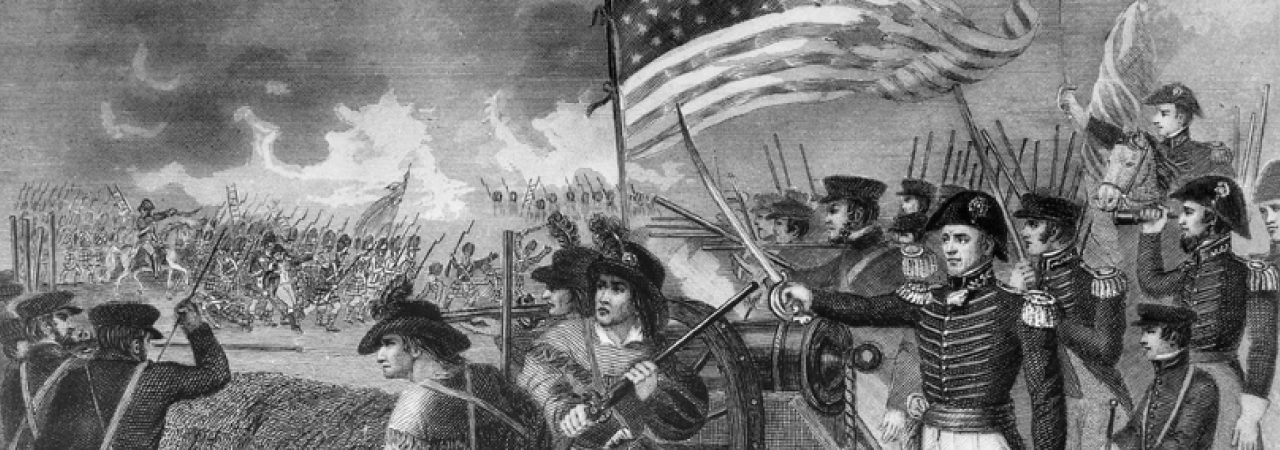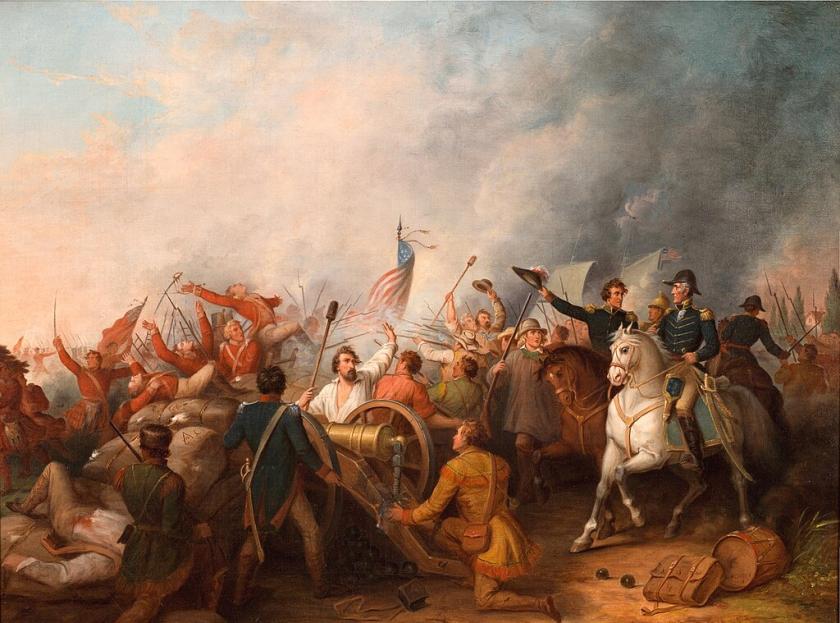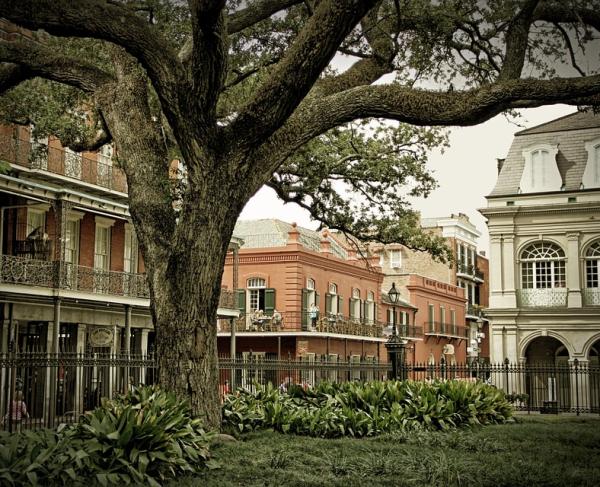Battle of New Orleans: The Last Battle of the War of 1812

The defeat of Napoleon in the spring of 1814 allowed Great Britain to refocus its efforts on the conflict raging in the United States since the summer of 1812. On June 20, British Admiral Sir Alexander Cochrane proposed a plan to the British Admiralty to capture the most lucrative prize in North America, the city of New Orleans.
New Orleans was the gateway to the continent. Its capture would give the British control of the Mississippi River and access to the interior. The British could cut off the westward expansion of the United States and give them full command of the resources in the Louisiana Territory. Economically, one-third of American produce passed through New Orleans. Additionally, due to the British blockade, nearly 14 million dollars of cotton sat on the city docks. Politically, New Orleans represented a critical bargaining chip during the ongoing peace negotiations at Ghent, Belgium.
Cochrane intended to land at Mobile, Alabama, and approach New Orleans by land from the east. Major General Andrew Jackson countered and blocked the British route. Cochrane then sailed to Jamaica to rendezvous with reinforcements before approaching New Orleans from the seaside.
Jackson departed Mobile for New Orleans on November 22, 1814. Local militia along with U.S. infantry, Marines, and a Naval detachment garrisoned the city. Militia from Tennessee and Kentucky were also en route to join Jackson at New Orleans.
Jackson arrived in New Orleans on December 1. A week later Cochrane’s fleet arrived off Ship Island, 60 miles east of the city. Jackson relied on a flotilla in nearby Lake Borgne to provide information on the British movements. Cochrane dispatched ships that destroyed the American gunboats on December 14. In full control of Lake Borgne, Cochrane decided to move through and land below New Orleans.
Navigating the lake and bayous, lead elements of the British army landed at the Villere Plantation on December 23. Apprised of the British presence, Jackson, decided to attack instead of taking defensive actions. The Americans approached the British camp around dusk on December 23. Jackson coordinated his advance with the USS Carolina, whose opening shot would be the signal to advance. Their bombardment completely surprised the British. Ten minutes into the barrage, Jackson ordered his men forward. The two sides battled in the growing dark with neither able to gain the upper hand. With visibility reduced due to fog and black powder smoke, Jackson decided to disengage and break off the battle.
The Americans fell back to the Rodriguez Canal on the Chalmette Plantation. Soon known as “Line Jackson,” the position extended from the Mississippi three-quarters of a mile to a dense swamp. Work soon started on a parapet behind the canal.
British Lieutenant General Sir Edward M. Pakenham, brother-in-law of the Duke of Wellington, reached the army and assumed field command on Christmas Day. Two days later, the British moved up to oppose Jackson. Finding the American position too strong, the British commander decided to bring up his artillery and bombard Jackson.
By New Year’s Day, 1815, the guns were ready. The British opened fire only to be met by Jackson’s artillery. As the day wore on, the Americans gained the upper hand, and the British guns eventually fell silent. Unable to break through, Pakenham finally decided on a concerted infantry assault.

Pakenham planned a two-pronged attack, one against Line Jackson and the other on the Right Bank of the Mississippi. Around 6:20 a.m. on January 8, 1815, the British effort got underway. About 400 yards separated the British from Jackson’s position. As the infantry moved forward, they came under intense American artillery fire, and the British ranks withered away. Among the casualties was Packenham himself, mortally wounded in a futile attempt to rally his troops. The British lost around 2,000 men in a space of twenty minutes. Although the effort on the Right Bank proved successful, the failure of the attack on Line Jackson compelled the British to call off any further efforts.
Now under Major General John Lambert, the British, soundly defeated, remained in front of Jackson’s position until January 18 when they began to withdraw to Cochrane’s ships. Cochrane then sailed away from the city and into the Gulf of Mexico.
Jackson’s triumph at New Orleans provided a shining moment in a conflict that witnessed few victories for the United States. Word reached Washington DC about the battle on February 4. Ten days later, the Treaty of Ghent, ending the war arrived which was soon ratified by the Senate. Along with the Fourth of July and Washington’s Birthday, the Eighth of January was celebrated for the next half-century. It remains the only battle ever observed as a national holiday in United States history. Jackson leveraged his fame garnered at New Orleans to catapult him to the Presidency in 1828.
Related Battles
62
2,034


